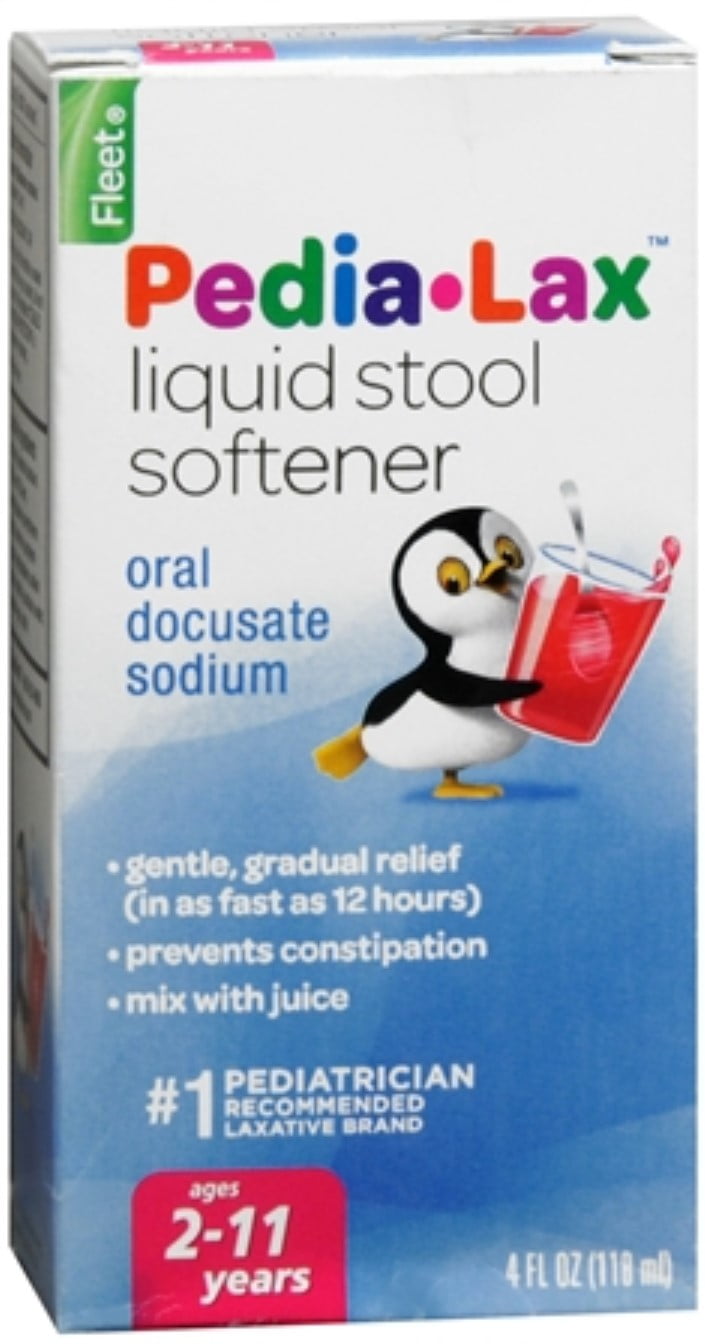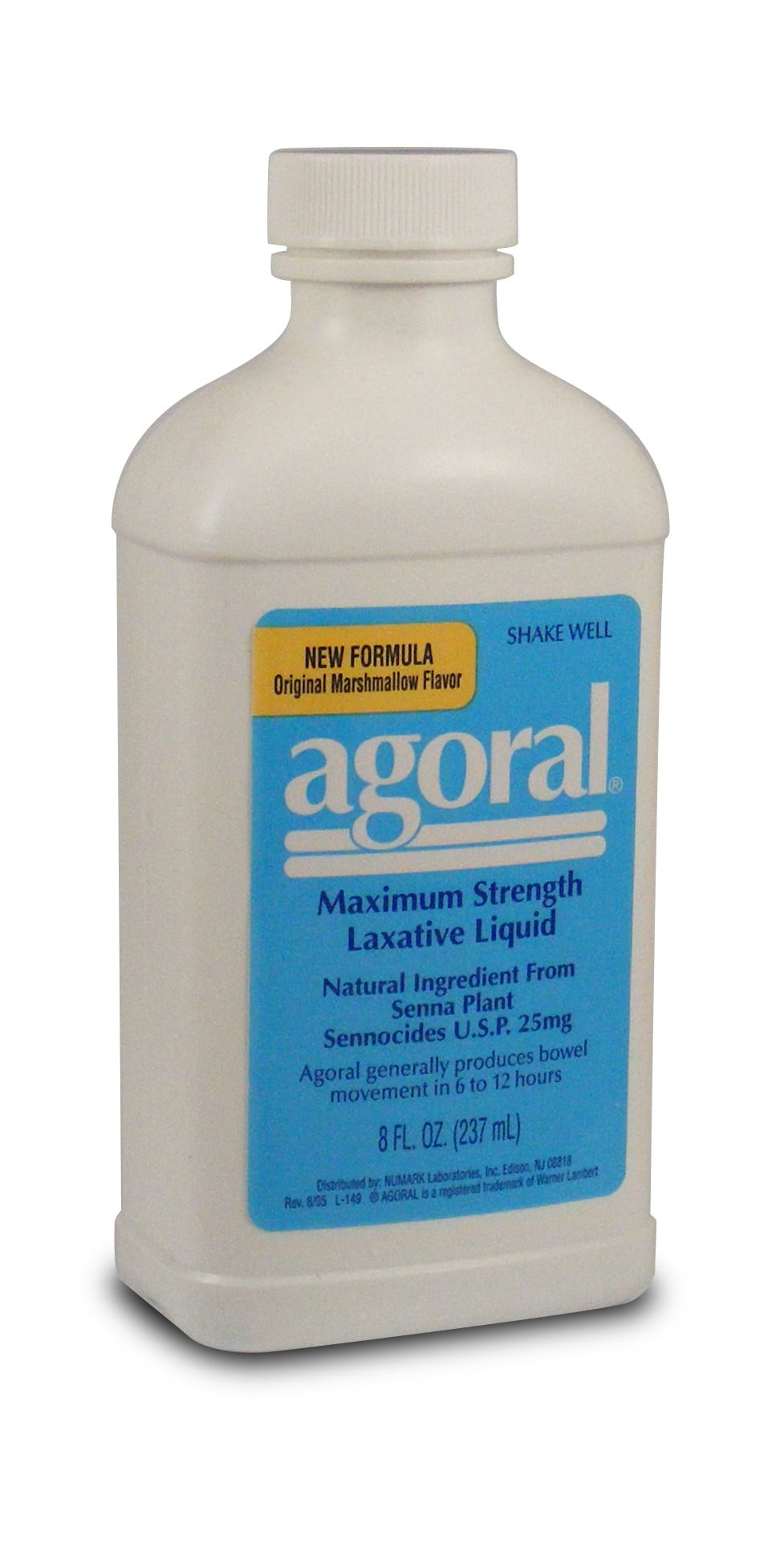

These forms of diarrhea are usually caused by an infection. What causes watery diarrhea? Acute causesĪcute causes are those that come on suddenly and go away in about 1–2weeks.

This may include taking a stool sample that will be examined under a microscope to look for any pathogens or signs of inflammation. Diagnostic workup: You may need to have some tests if you have diarrhea that is not caused by an infection and doesn’t go away after a couple weeks.If your symptoms do not improve within a week of taking antibiotics, you should call your doctor and ask whether you need to make an appointment. You will not receive antibiotics for a viral cause of diarrhea.

Antibiotics: These are taken for bacterial and protozoal causes.Depending on the cause of watery diarrhea and how long it lasts, you may need to take antibiotics or undergo a colonoscopy to examine your intestines for signs of inflammatory disease. Treatments for watery diarrhea vary widely, though they all have the same starting point: Stay hydrated. Abdominal pain or discomfort that may persist or recur.Watery diarrhea may include the following symptoms. See a doctor if you cannot replace fluids, feel dizzy, or your symptoms are severe or last more than 2–3 days. It is important to watch for blood in stool and to continue to consume both water and electrolytes to replace the fluid lost through diarrhea. For most people, watery diarrhea is only dangerous if it causes severe dehydration.Īs the body gets rid of the infection and repairs the walls of the intestines, symptoms should get better within a week or two. Watery diarrhea is a common sign of an intestinal infection, but can also be caused by chronic conditions like inflammatory bowel disease or irritable bowel syndrome.


 0 kommentar(er)
0 kommentar(er)
